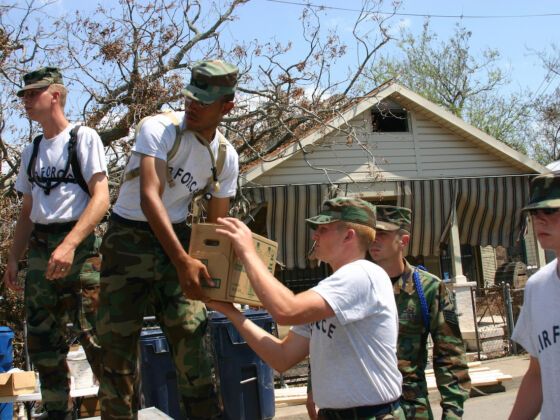WHEN A MAJOR NATURAL DISASTER OCCURS, how sensible is it to get involved in helping with the relief effort? Should you divert your journey (or make one) to help out in critical relief work, or is it better to simply stay at home and try to raise funds in your community?
Here are a few things to think about before you race out the front door:
